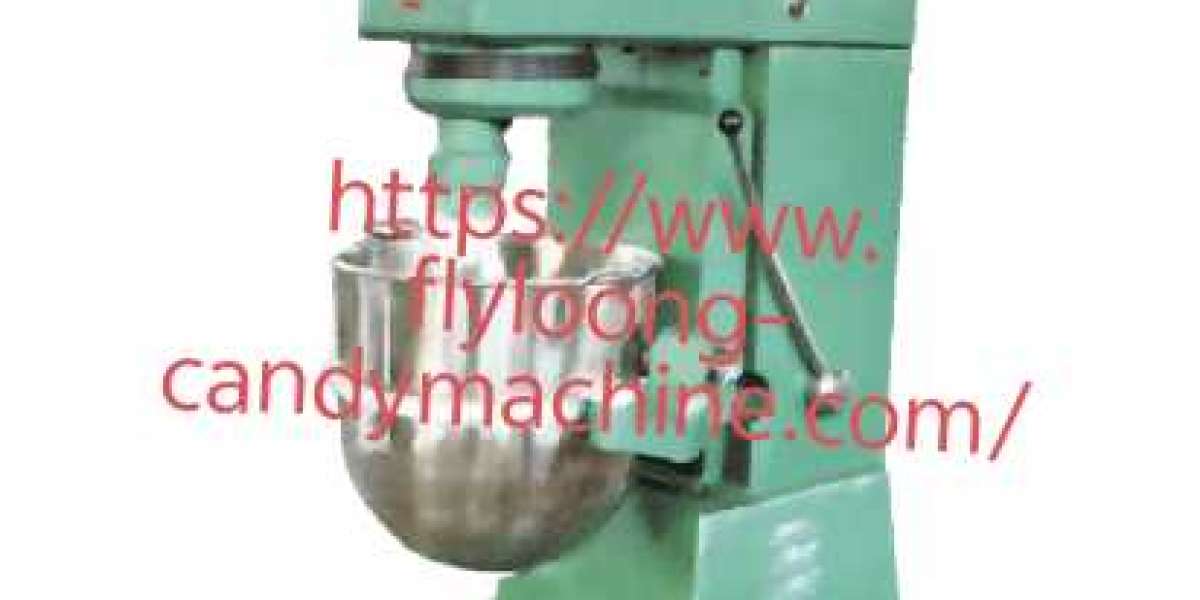Finding a Reliable Milk Candy Machine Supplier for Modern Confectionery Needs
In the world of confectionery manufacturing, partnering with a reliable milk candy machine supplier is a strategic decision for businesses aiming to improve efficiency and product quality. As consumer demand for consistent, high-quality milk candy continues to grow, manufacturers must adapt by using advanced machinery tailored for this unique segment of the candy industry.
The Evolving World of Milk Candy Production
Milk candy has long held a place in the global sweets market due to its creamy texture and nostalgic flavor profile. Over time, its production has moved from manual batch processes to high-capacity automated lines. With shifting market trends, including health-conscious ingredients and packaging innovations, the production process also needs to be flexible and scalable.
Modern milk candy equipment must manage several critical tasks: accurate cooking, mixing, forming, cutting, and wrapping—all while maintaining consistent product texture, shape, and taste. A complete manufacturing line may include vacuum cookers, cooling conveyors, forming machines, and automatic packaging units, all working together to produce large volumes with precision.
Key Features to Consider in Confectionery Equipment
Before investing in equipment, confectionery manufacturers must consider certain features that affect daily operations and long-term results. These include:
Automation Level: Equipment should support automation to reduce labor intensity and increase consistency.
Material Compatibility: Machinery must be suitable for dairy-based ingredients, which may require temperature control and special coatings.
Speed and Output: Machines should be capable of meeting the desired production volume while minimizing waste.
Ease of Cleaning: For food safety and allergen control, easy disassembly and sanitation are crucial.
Energy Efficiency: Equipment with smart control systems can help reduce energy consumption and production costs.
Choosing machines with these features helps streamline operations and maintain product quality even as production scales.
Integrated Manufacturing Lines
To optimize production, many facilities prefer integrated lines rather than individual machines. An integrated solution ensures smoother transitions between each production stage. This reduces the risk of bottlenecks and increases overall line efficiency.
In the case of milk candy, machines must handle the soft, sticky nature of the product while preserving its delicate flavor. For instance, the cooking stage must carefully regulate heat to avoid caramelization, while forming machines must apply even pressure to achieve uniform shape and size.
An experienced machinery supplier will often assist in designing a production line that matches the specific recipe, layout, and capacity needs of the facility.
Importance of Flexibility in Production
Consumer preferences are constantly changing. Today’s markets may favor individually wrapped milk candy, while tomorrow may see more interest in filled or layered versions. Therefore, machinery should support quick changeovers and allow for recipe adjustments.
Flexibility can come in many forms—interchangeable molds, programmable settings, or modular components. This enables businesses to respond quickly to market demands without investing in entirely new systems.
Supporting Compliance and Food Safety
Confectionery equipment must also meet local and international safety standards. This includes using food-grade materials, offering safety interlocks, and supporting hygienic design principles.
When working with dairy ingredients like milk powder or condensed milk, it’s especially important to monitor for product build-up or microbial growth. Well-designed machines can reduce these risks by supporting smooth surfaces and efficient cleaning procedures.
Working with a supplier who understands these requirements helps ensure that your operation meets both production and regulatory needs.
Service and Long-Term Support
Investing in machinery goes beyond the initial purchase. Long-term service, technical support, and the availability of spare parts are essential for keeping equipment running at peak performance. A responsive support team can minimize downtime and ensure your production line stays efficient even as the business grows.
Training is also an important factor. Skilled operators who understand how to manage, maintain, and troubleshoot equipment will maximize its potential. Many suppliers offer training programs either during installation or as part of ongoing service agreements.








